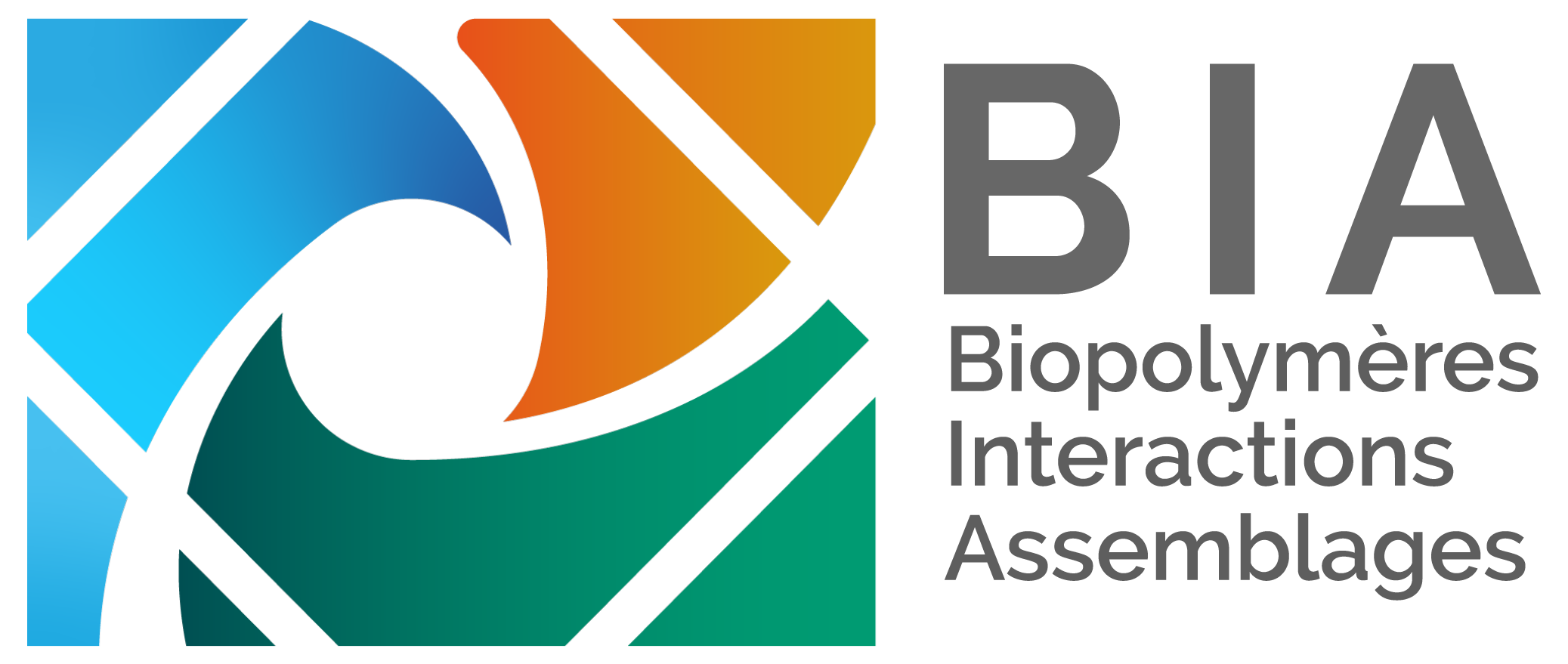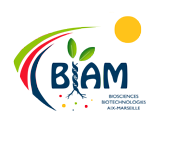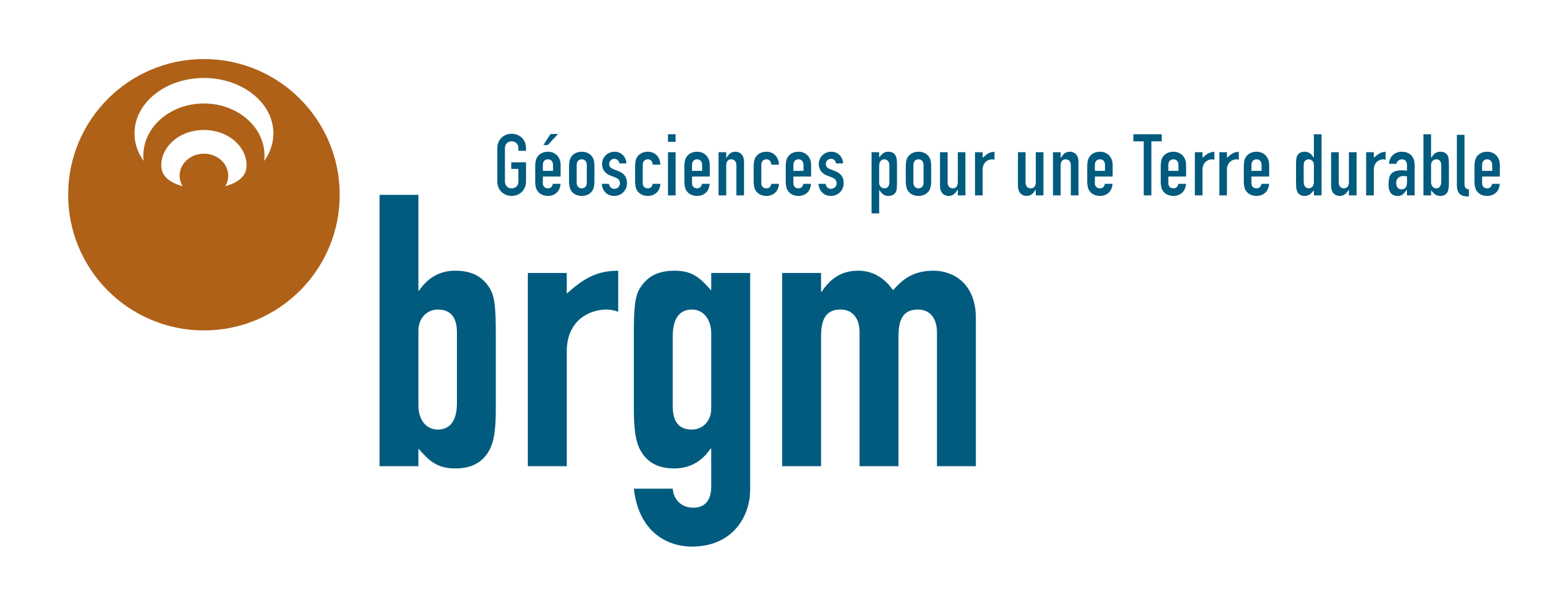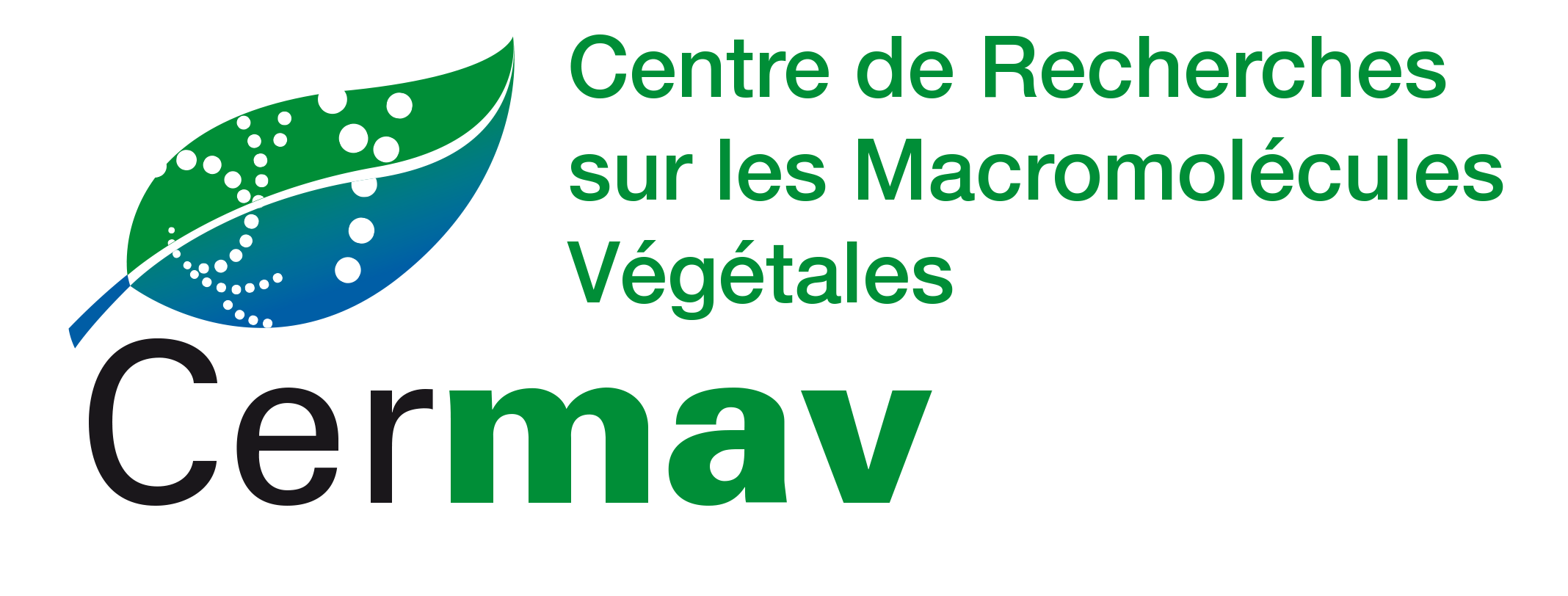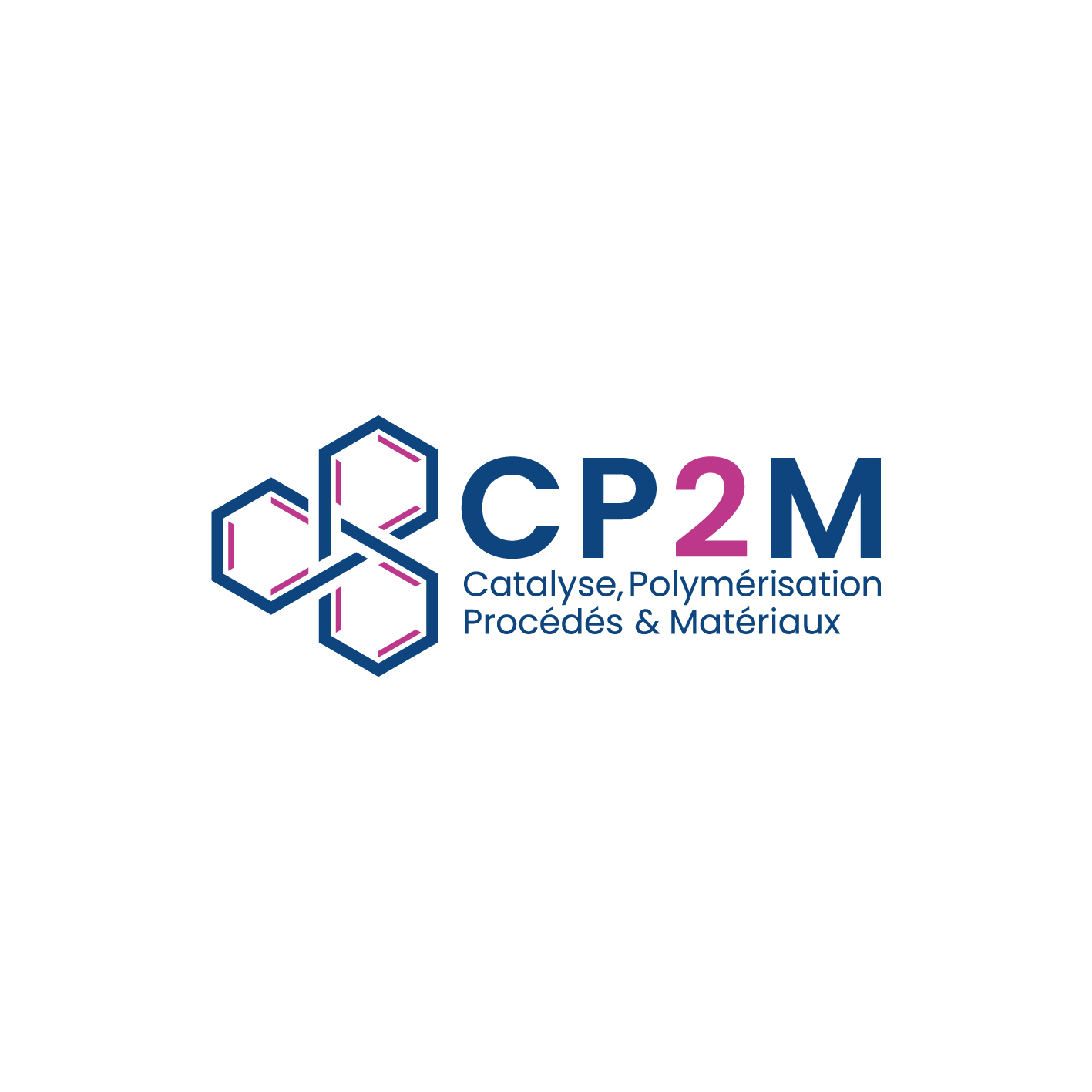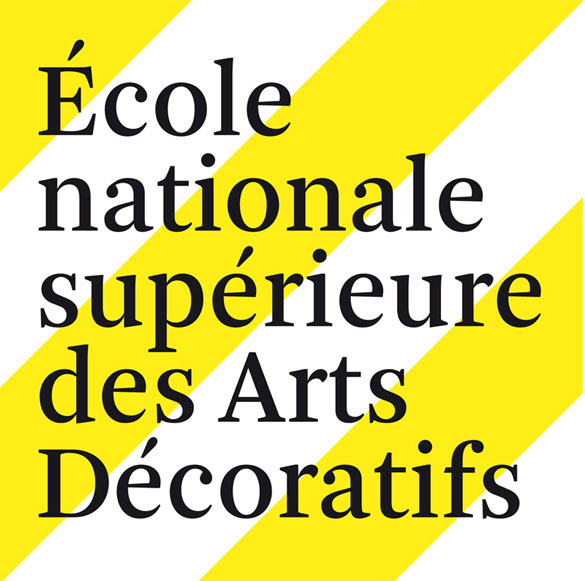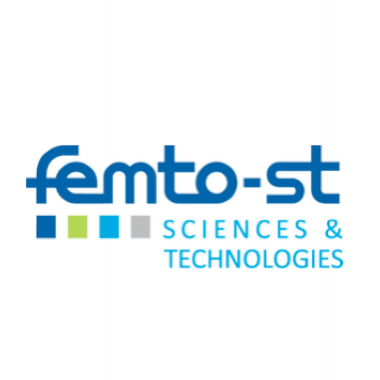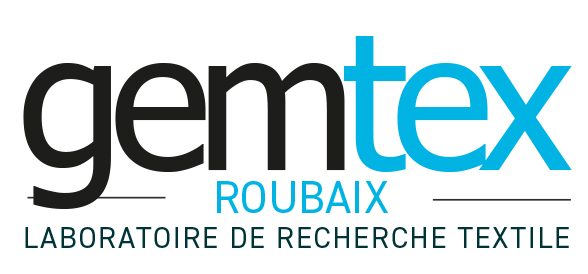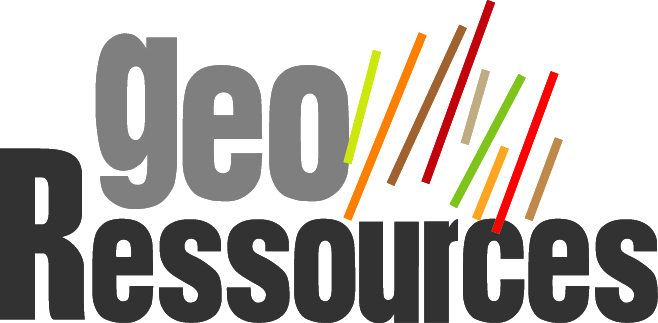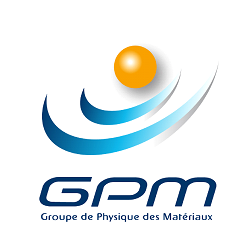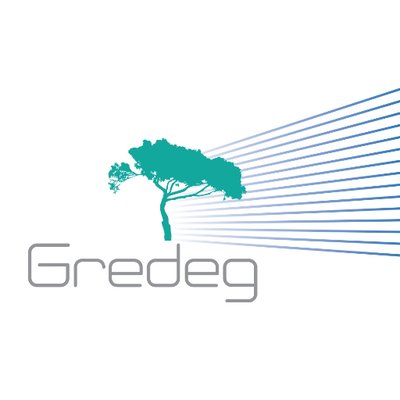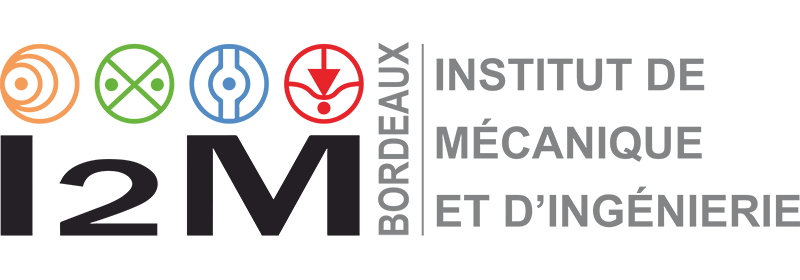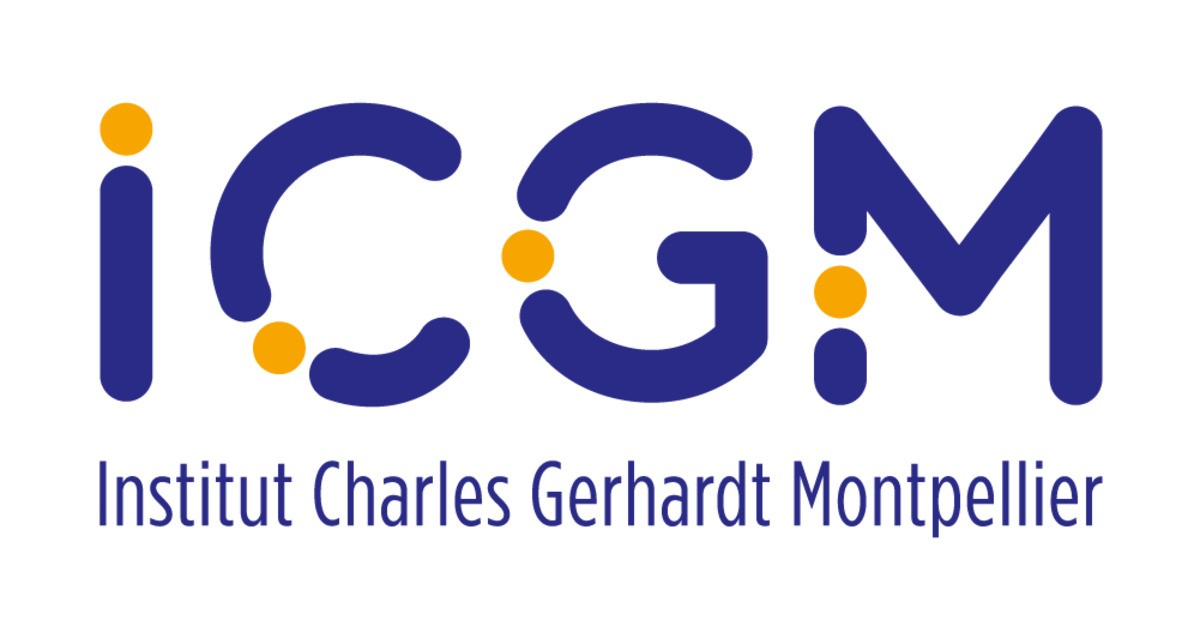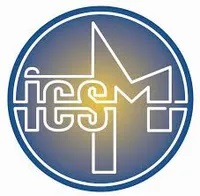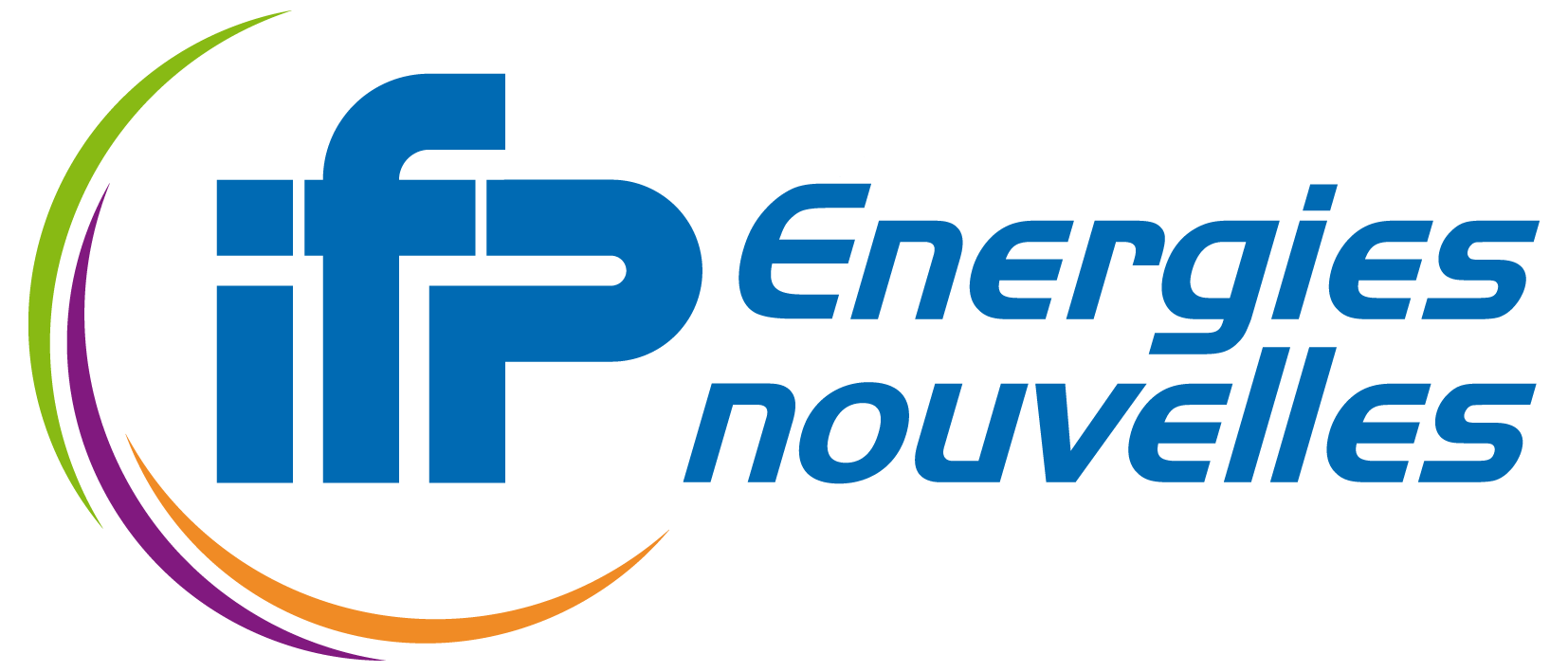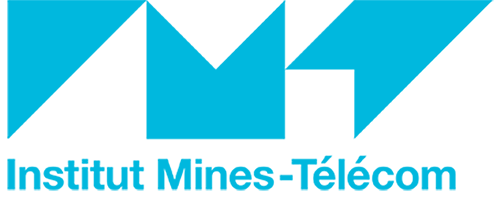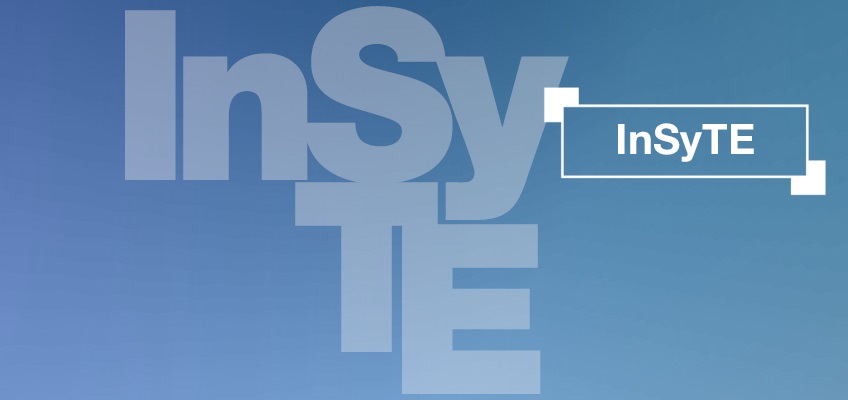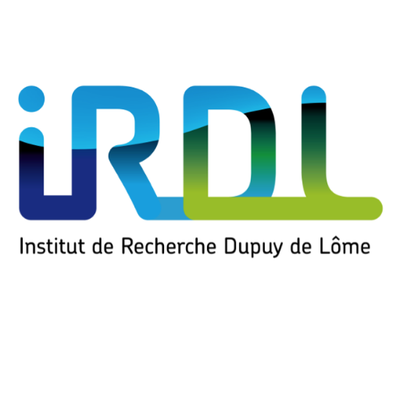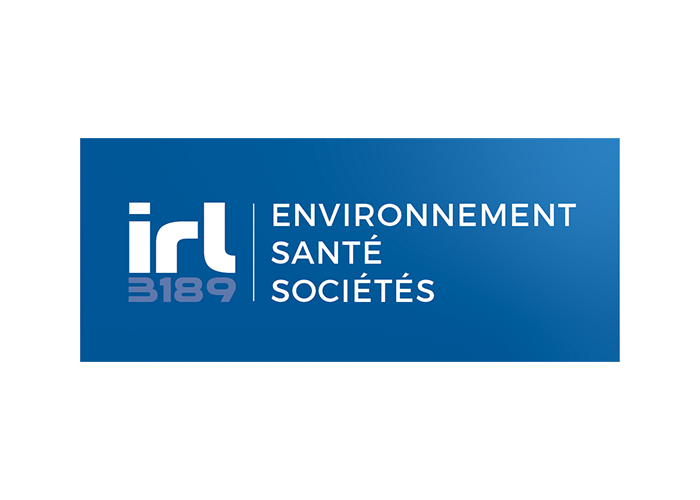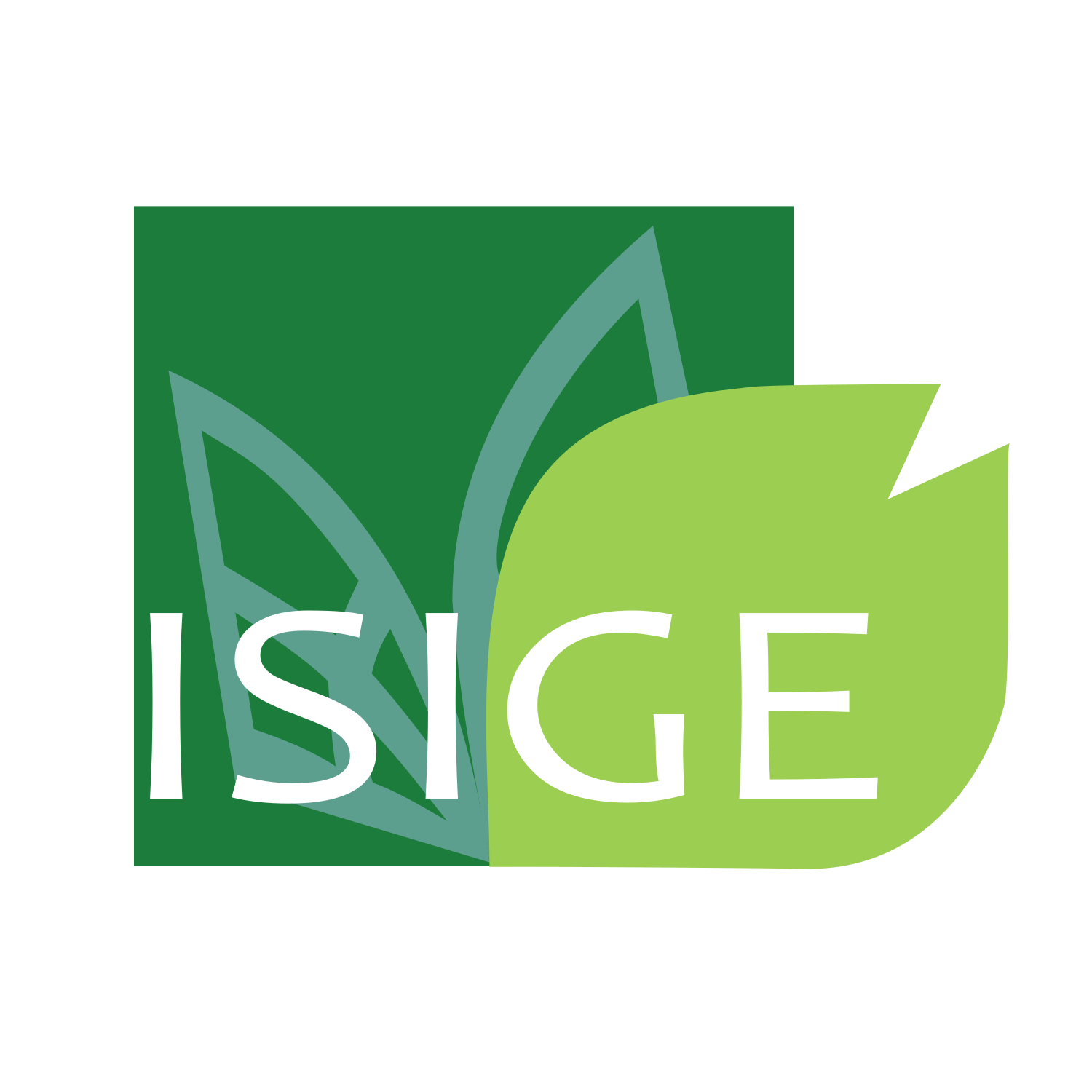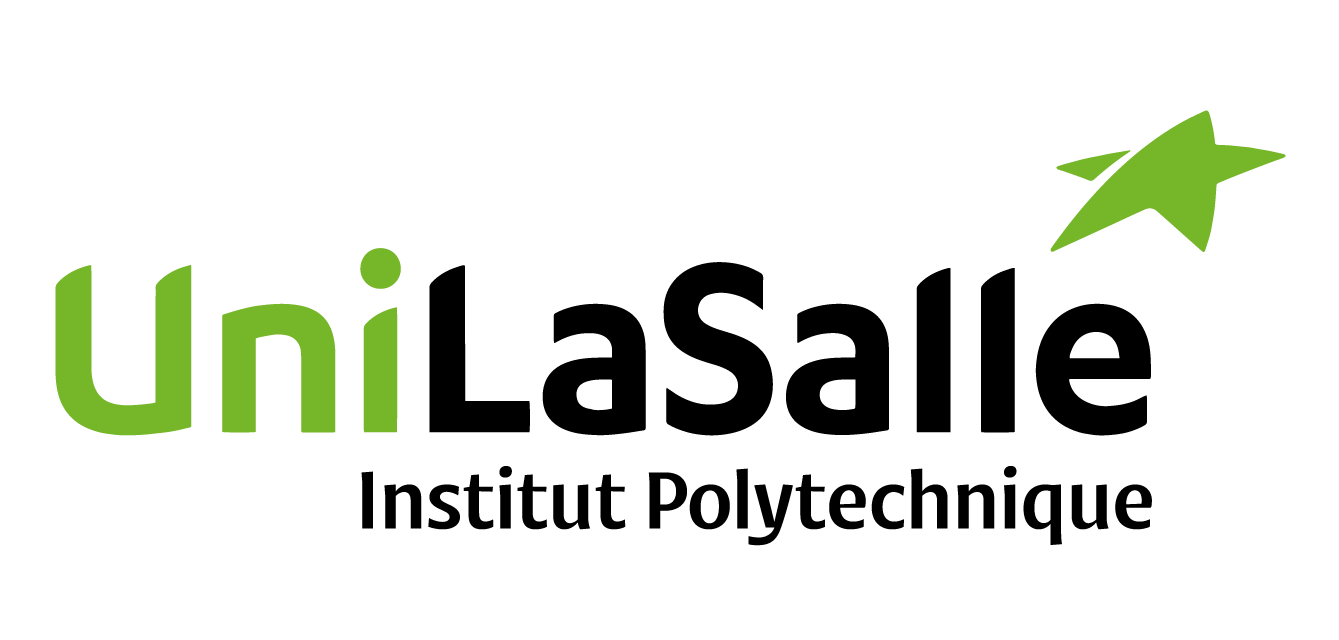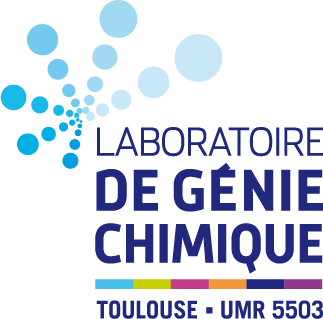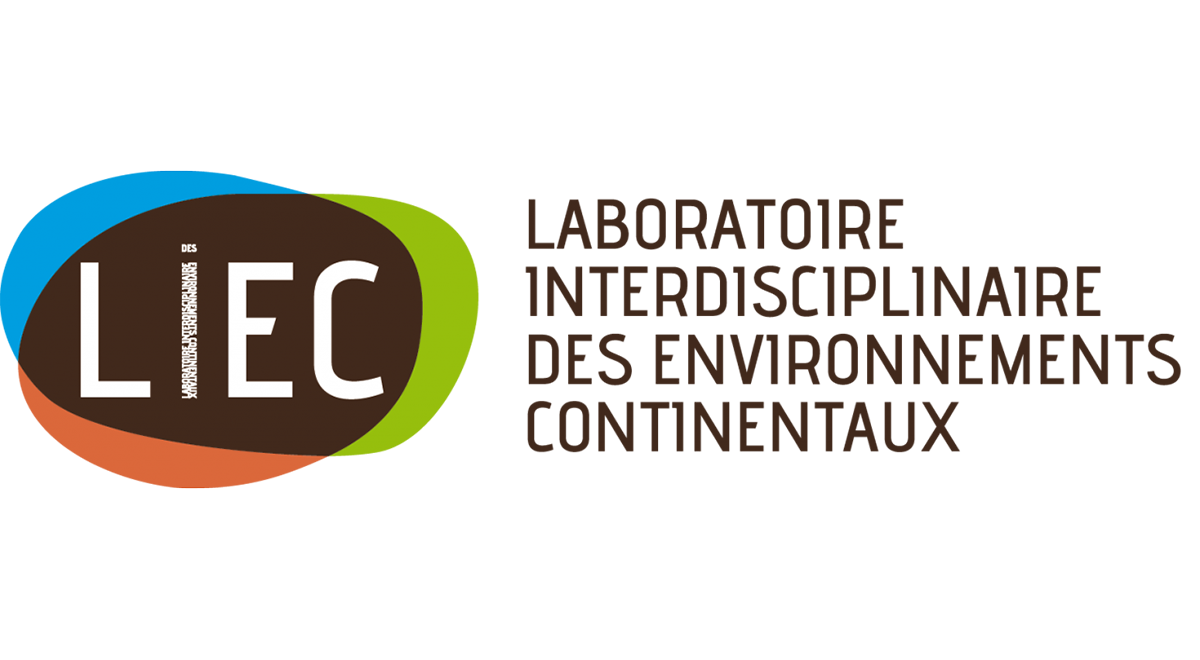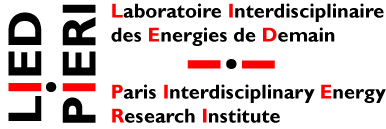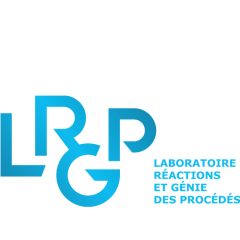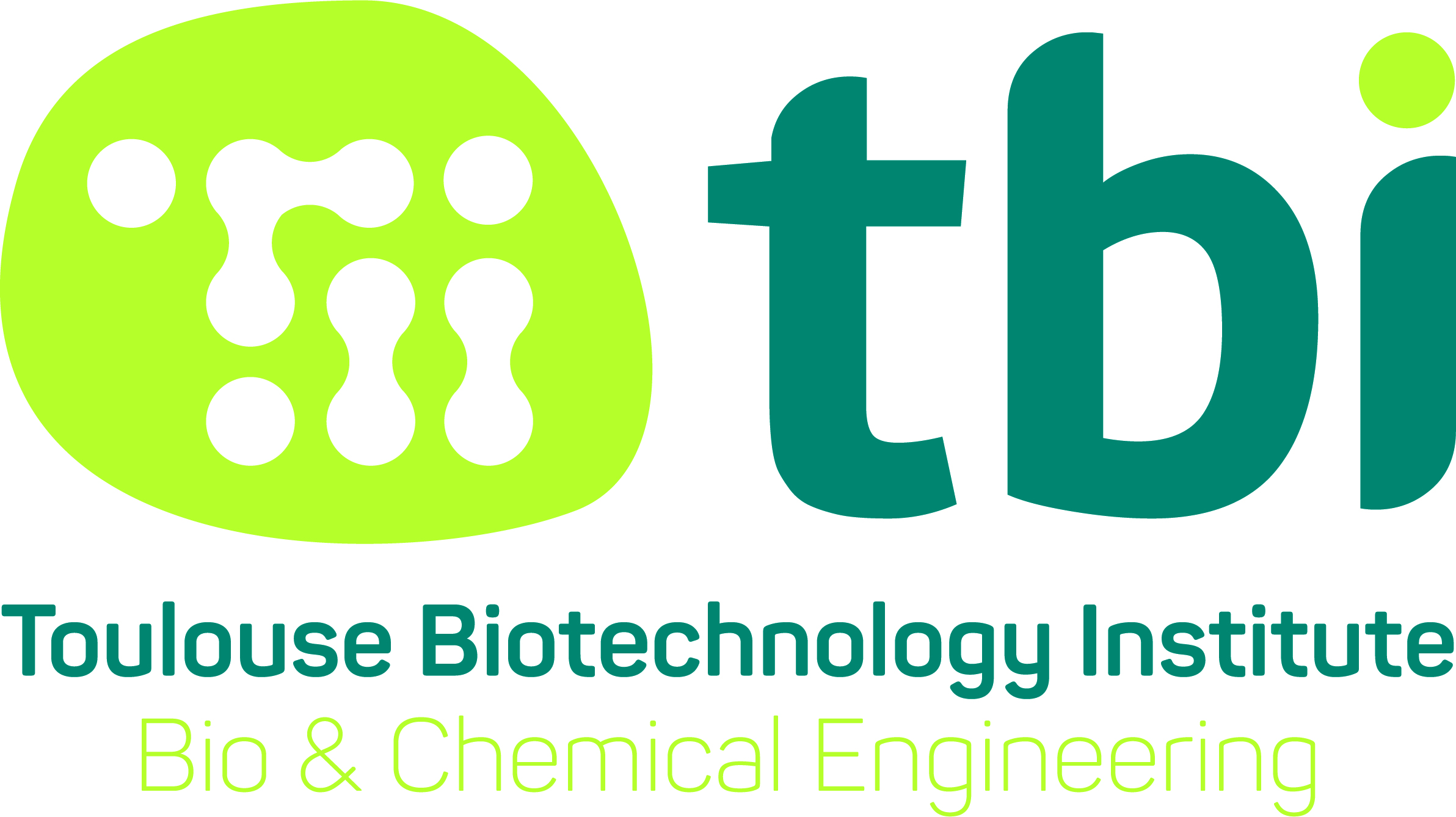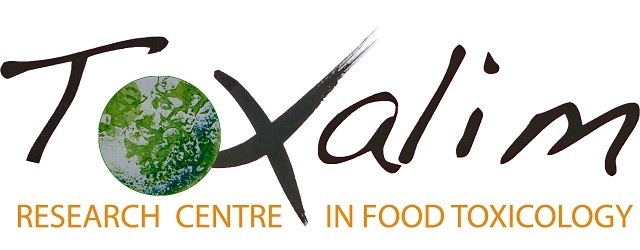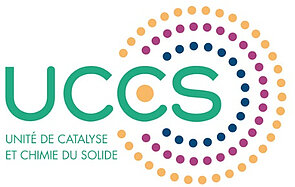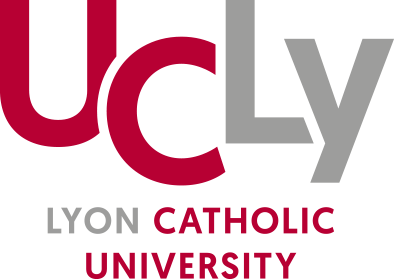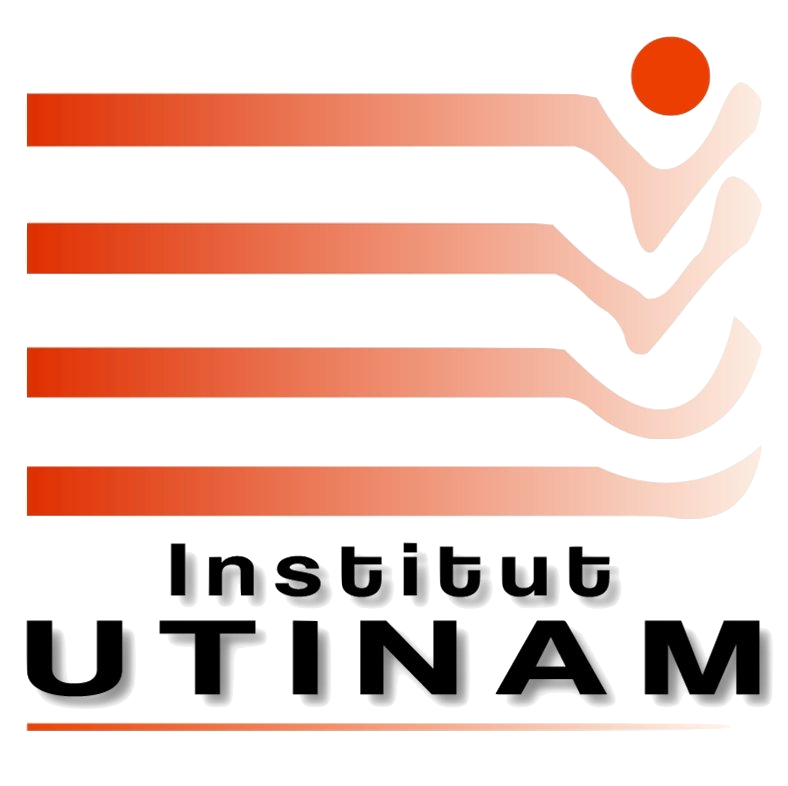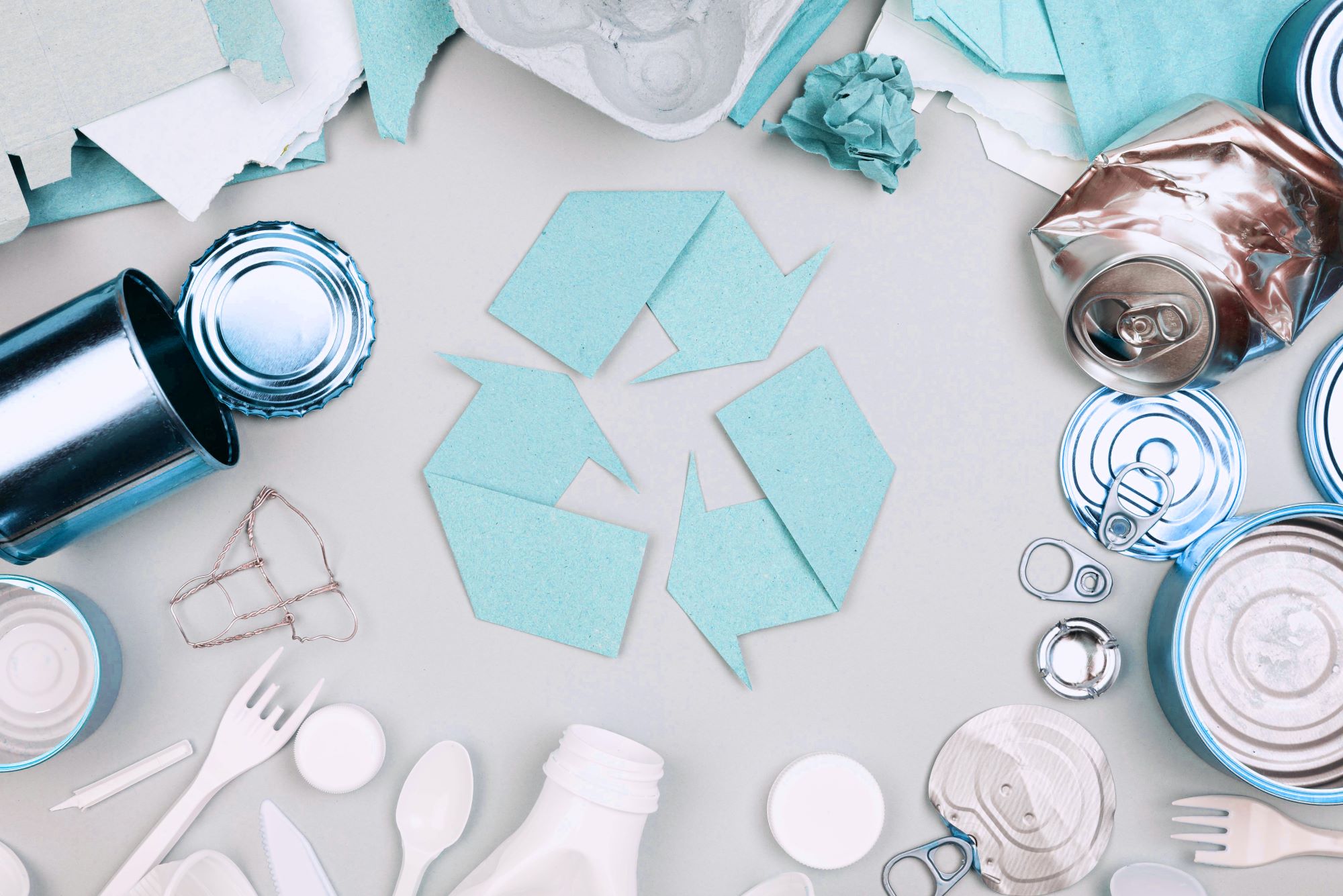
The PEPR Recycling
In July 2021, the French Government approved the establishment of a Priority Research Program and Equipment (PEPR) on Advanced Technologies & Socio-Economic Analyses for the Ecological Transition in Recycling and entrusted the CNRS with its management.
The PEPR Recycling research program is part of the “Recyclability, Recycling and Reincorporation of Materials” Acceleration Strategy, which aims to establish a French model in the field of recycled raw materials (RRS) and their reincorporation into new products.
The PEPR program, with a budget of €40 million that can be increased to €50 million, aims to support upstream research and accelerate technological innovation for a circular economy, as well as industrial deployment and training in this sector along the entire value chain.
Governance
The Program has put in place a transparent, neutral and high-quality governance structure to steer and coordinate the program as a whole. It liaises with the French government, pilot organizations and representatives of institutional partners. It coordinates the projects financed. It coordinates the program with maturation/upgrading facilities and socio-economic partners. It communicates regularly with other related research programs.
Program governance is based on 3 bodies:
- a Steering Committee (COPIL), whose mission is to define the program’s strategy and validate its orientations
- a Program Director (PD), responsible for taking all decisions necessary to ensure the smooth running of the Program, in accordance with the terms of reference conferred on it by the COPIL, and in close collaboration with the Program’s Project Managers
- a Program Committee (COPROG), made up of the Program Management, a group of experts and an ANR representative, whose main mission is the ongoing management of the Program.
The Program also relies on a Socio-Economic Partners Club, made up of representatives from the industry and local authorities, whose role is to assess the potential for added value and suggest R&D topics.
In addition, an Institutional Advisory Committee (IAC), made up of representatives of public research bodies heavily involved in the Program, is consulted annually on the progress of the Program, and every 2 years on any changes to its roadmap.
The CIRCLE consortium
The CIRCLE Acceleration and Transfer Consortium, winner of France 2030’s Maturation-Prematuration Call for Proposals, is working to accelerate the development and transfer to industry of innovations from French public research in the areas of recycling, recyclability, and reincorporation of recycled materials.
With a consortium of 18 partners, including co-leaders CNRS Innovation, subsidiary of a major national research organization, for pre-maturation, and SATT PULSALYS for technological maturation, CIRCLE relies on selection mechanisms proven by actors in the field, who represent virtually all the driving forces in the region in terms of pre-maturation and maturation in recycling, recyclability, and materials. The consortium ensures that the selected projects fit within the national strategy to be co-financed and embody this link between the national vision and implementation in the region.
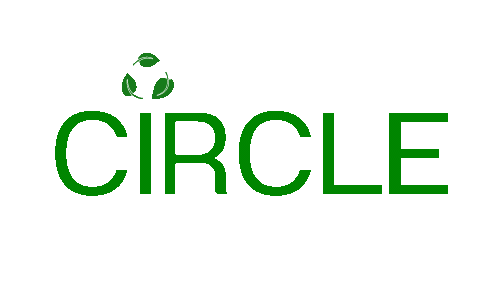
Consortium members : Agence Aliénor Transfert, CNRS/CNRS Innovation, IFP Energies Nouvelles, Paris Sciences & Lettres, SATT Aquitaine, SATT AxLR, Satt Conectus Alsace, SATT Linksium, SATT Nord, SATT Ouest Valorisation, SATT Pulsalys, SATT Sayens, SATT Sud Est, SATT Toulouse Tech Transfer, Université Côte D’Azur, Université De Bordeaux, Université De Pau Et Des Pays De L’Adour, Université Grenoble Alpes.
The ecosystem

